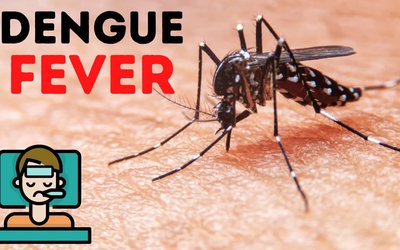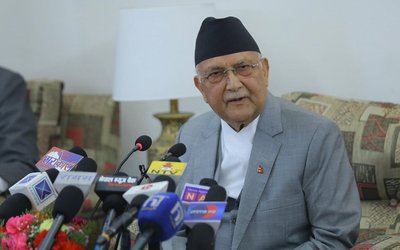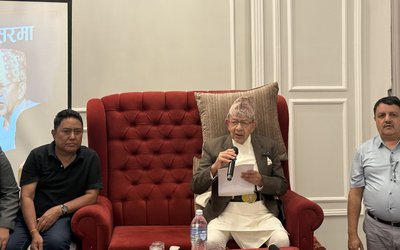Patients often ask doctors to suggest some vitamins that they can take so that they will be restored to good health. Vitamins are necessary ingredients in maintaining good health, but it is important that both doctors and patients understand that there are lots of different kinds of vitamins being sold to the public that may actually be unnecessary. In fact it may even be harmful ( see below). But somehow taking vitamins for good health has so deeply been ingrained in our minds that we do not question the necessity of ingesting vitamins even though there may be no evidence for doing this if we eat a proper diet. Of course commercially too vitamins are a source of profitability, and even for this reason we have to sure of what we are buying. Here are some new perspectives on vitamins.
Drug companies that make vitamin supplements are not ecstatic these days. Recent data in medical journals now show that the benefit of taking vitamin supplements is well established only to ensure an adequate intake of folic acid ( B9) in young women and B12 and vitamin D in the elderly. So, there is no good reason to take some of the highest- selling vitamins ( A,C and E ) routinely if you are eating a normal, balanced diet. In fact a placebo-controlled trial in Finnish smokers taking high dose vitamin A supplement showed that there was significantly increased lung caner rates in the vitamin A cohort.Consuming biologically-active substances( vitamins) should not be assumed to be risk free.This bad news regarding potential impact on vitamin sales does not stop with vitamin A.
A pooled analysis of data from 26 clinical trials including 105,065 subjects found that vitamin E supplements was associated with an increased risk of death. Similarly, another study of 11, 350 people showed that preventive use of over 200 mg of vitamin C per day did not reduce the risk of developing a cold or the severity of cold symptoms. So much for sugar-flavoured vitamin C pills.
Vitamin Dsupplement, however may be useful in the elderly, especially those with dark skin with limited exposure to sunlight. Vitamin D will strengthen bones and prevent fractures. Older people may not be able to absorb vitamin B 12 found in meat and fish. Folic acid( B9) deficiency leads to birth defects ( neural tube defects) which occur early in pregnancy before most women know they are pregnant. Folic acid is available in beans, peas, oranges and dark-green vegetables which we do not seem to get enough of. Hence supplementing the diet of women of child-bearing age with folic acid has decreased the incidence of these birth defects in their offspring. Hence adequate intake of folic acid in young women is important.
For sure, in impoverished areas of the world like Nepal where there may be vitamin deficiency in the regular diet, taking vitamin supplements may be prudent. For example, vitamin A deficiency leads to night blindness in the developing world. Deficiency of vitamin C causes bleeding gums and slow healing of wounds. Vitamin A is found in dairy products and yellow or orange fruits, and citrus fruits are rich in vitamin C.
Finally, vitamin supplements unlike what was hypothesized, do not seem toprevent heart attacks, strokes, and cancer, diseases prevalent in both the rich and poor worlds.

Buddha Basnyat MD
Buddha Basnyat, MD, MSc, FACP, FRCP, Director of the Oxford University Clinical Research Unit-Patan Academy of Health Sciences, Kathmandu.
- Altitude Sickness
- Feb 20, 2018
- Post-earthquake Nepal: The Way Forward
- Dec 13, 2015
- The Annapurna Sanctuary
- Nov 29, 2015
- Diarrhea at the Summit
- Nov 08, 2015
- Altitude Sickness ( AMS, HAPE, HACE)
- Oct 15, 2015















